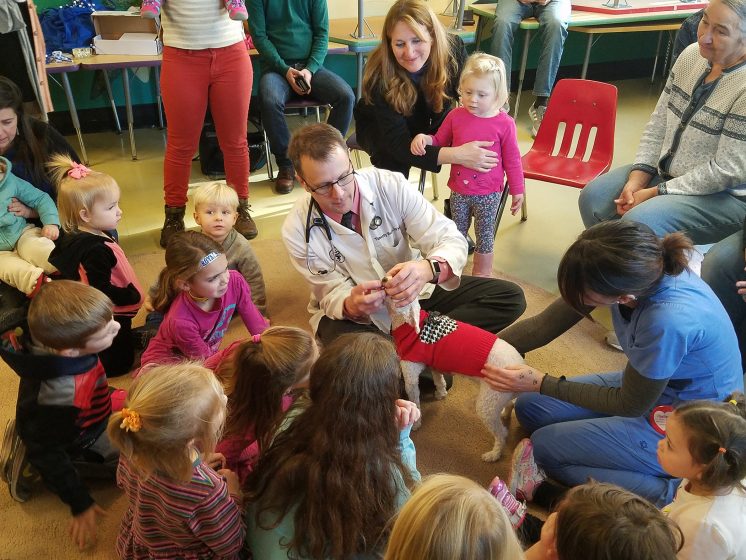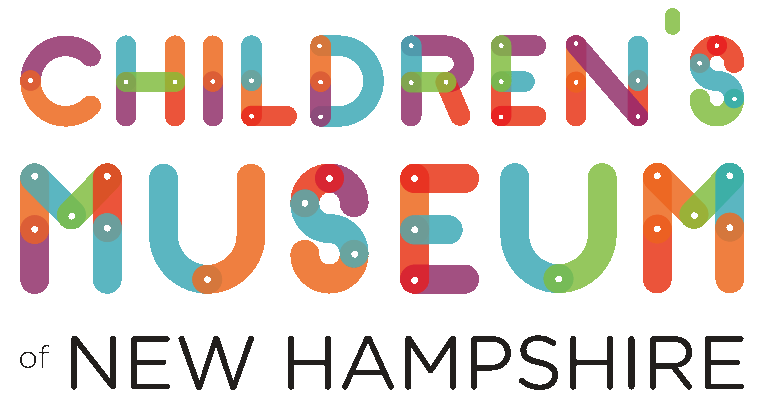Animal Teeth!
By Meredith Lamothe, Early Childhood & Literacy Coordinator
We all know it’s sometimes difficult to get children to brush their teeth. Establishing a set routine of tooth brushing and flossing can be really tricky. I only have a dog-child, but I can tell you that trying to brush her teeth isn’t a piece of cake, either!
We’re celebrating Children’s Dental Health month here at The Children’s Museum of New Hampshire and have a lot of fun activities planned and special guests who will be visiting us to promote good dental hygiene. One of our guests who will be joining us is local Veterinary Consultant, Dr. Timothy Hunt who will be talking all about animal teeth.
It’s no surprise that children love animals. Most animals don’t have to brush their teeth at all because they have natural ways of keeping their teeth clear of tartar and bacteria that cause tooth decay. But why not educate children about animal teeth to try and make their own dental health a little more fun?
Have your little ones compare how their teeth feel after eating ice cream (or some other sweet) and after eating a carrot - do they feel different? Ask if any animals in the wild eat ice cream - of course they don’t! They do eat carrots and other vegetables and plants - which help to keep their teeth clean because they don’t have refined sugars or carbohydrates that damage teeth.
The next time you are at the dentist, ask the dentist to show your child an X-Ray of their teeth. What do they notice? We have two sets of teeth! The “baby” teeth they have they’ll only keep for awhile, but after that - there’s only one more set. That’s why we need to take such good care of them. Some creatures like sharks and alligators have many, many sets of teeth - ask your child why they think sharks and alligators have so many teeth? It’s because they’re carnivores! They do a great deal of damage to their teeth when they catch and eat their prey - so it’s important for them to have lots of “back-up” teeth throughout their lives.
Dr. Hunt will visit us on February 28th to share all of his expertise on Animal Teeth and we’re very excited. We also have our Dino Detective Exhibit where you can come and compare carnivore and herbivore teeth - and we bring out our collection of animal skulls during Dental Health Month - where you can see real shark teeth and real beaver teeth! Come play and learn with us!

